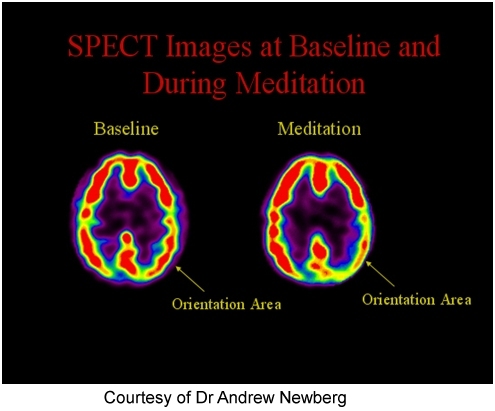Psychology
There have been remarkable changes in the field of psychology in the last twenty years. These developments include evidence based scientific research in the fields of Positive Psychology and Mindfulness.
Positive psychology
The Positive Psychology movement was founded less than fifteen years ago by Dr Martin Seligman and therefore can still be considered a burgeoning branch of psychology. Nevertheless, it is a rapidly growing global phenomenon with many hundreds of research papers published, scores of research conferences held, and university courses offered in several countries including the UK and the USA. Positive Psychology must not be confused with the 'positive mental attitude' or 'positive thinking' movements although Positive Psychology theory does acknowledge the value of an optimistic outlook.
Positive Psychology can be considered revolutionary, even though there are many historical antecedents, in that it recognises that for more than 100 years the discipline of psychology has essentially dealt with mental illness and misery. Psychology was grounded in the medical model and very little research effort or clinical practice had been directed at those factors in the human condition that allow individuals to function well and lead happy and fulfilled lives. Once identified through evidence based research Positive Psychology clinicians endeavour to build on the positive attributes, or key strengths, of individuals and develop them. The results of Positive Psychology studies suggest that positive emotions lower the risk of disease and that high stress levels in individuals increase the risk of disease.
If you would like to know your key strengths visit: http://www.viacharacter.org/www/en-us/home.aspx
Seligman claims that the secret of a happy and fulfilled life is: positive emotions, engagement, relationships, meaning and accomplishment (Seligman, 2011).
Mindfulness
There are several definitions of mindfulness in the literature. Smart Health Support says that in essence it is the practice of being in the present moment when you are undertaking any action or task and being aware of what is occurring around you. In other words purposefully paying full attention at all times. Meditation plays a central role in this practice.
Mindfulness and meditation have been features of Far Eastern traditions, particularly Buddhism, for several millennia. Anecdotally it seemed to calm and 'de-stress' the practitioner. In recent decades the practice of mindfulness has been subjected to rigorous evidence based research and there is strong evidence arising that regular practice can result in improved mental health, control of pain, improved physical health and increased happiness. In the last year results from studies conducted by neuroscientists at King's College, London University, using MRI scanner technology suggest that meditation can bring about positive changes in the structure of the brain. These changes are referred to as brain plasticity or neuroplasticity. Studies completed by Nobel Laureate Eric Kandel and others have demonstrated that the brain changes throughout life as a result of changes in behaviour, environment and neural processes.

Visit 'Mindfulness with Jon Kabat-Zinn at Google' for a full explanation of Mindfulness: http://www.youtube.com/watch?v=3nwwKbM_vJc
Yoga
Yoga originated in India as part of various spiritual traditions and first arrived in the UK in the late nineteenth century. From the 1960s the West enthusiastically adopted what is essentially the physical aspect of the tradition and this is now taught in exercise classes held in gyms, health centres and church and village halls throughout the UK.
There is research data available relating to the benefits of yoga in ameliorating physical and psychological conditions. For example, Dr Dean Ornish, an eminent American life style physician is renowned for including yoga along with diet, meditation and group support in his programme for reversing heart disease. Visit: http://www.ornishspectrum.com/video/medicare-covers-yoga-for-heart-disease/
For the latest evidence based research on why yoga works, go to: http://www.huffingtonpost.com/2013/04/24/yoga-immune-system-genetic-_n_3141008.html?1366861304&utm;_hp_ref=health-news
Ornish's research has also indicated that diabetes, high blood pressure or high cholesterol all improved with programmes that included yoga. In all the studies, older patients improved as much as younger patients in terms of reducing the risk of cancer and slowing the effects of ageing.
Reference: Seligman, M. (2011) Flourish: A visionary new understanding of happiness and well-being. Freepress: London